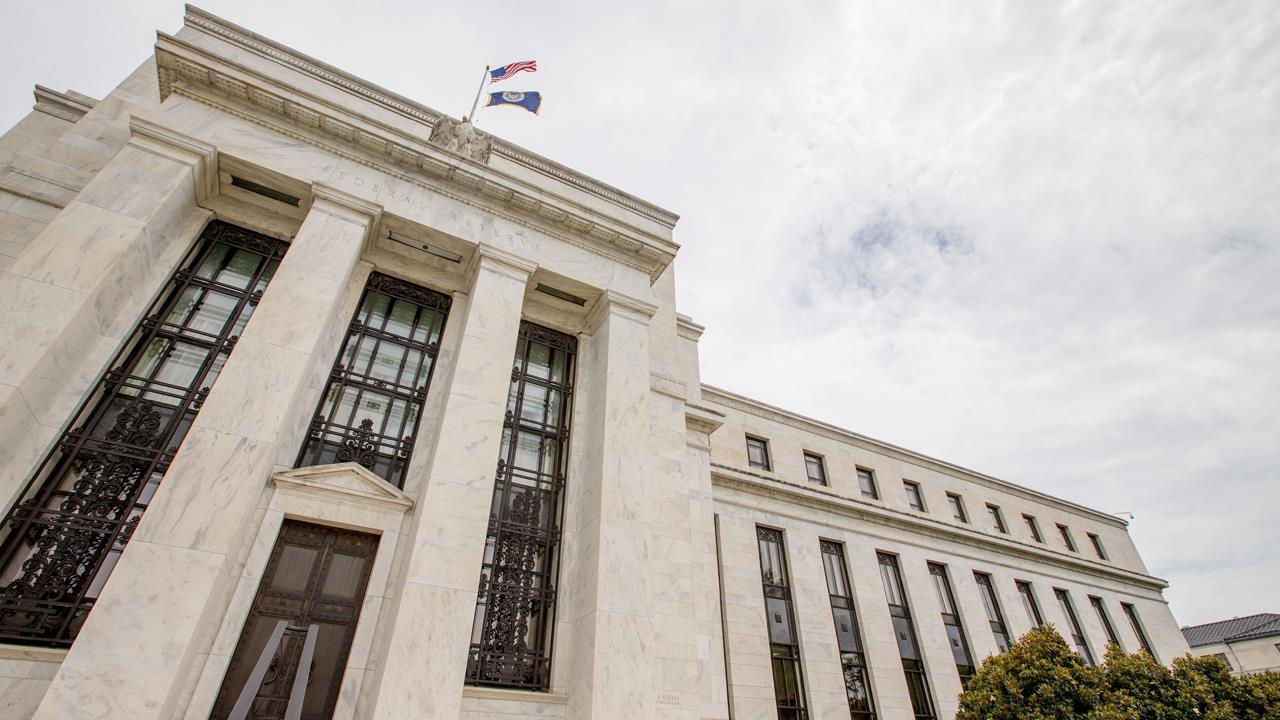Fed's Powell will inherit good US economy, not great
Fed Governor Jerome Powell, one step closer to becoming the next head of the Federal Reserve, isn’t worried about another banking meltdown like we saw during the height of the financial crisis.
Testifying at his confirmation hearing Tuesday in front of the Senate, when asked if banks were still too big to fail, Powell said: “I would answer no.”
He added that regulators have made a good deal of progress, noting that, if you think about where we were before the financial crisis, no one would have thought about what would happen if there was a run on one of these big money banks.
Powell noted that regulators had “no practical choice” but to keep the big banks from failing, because they would have brought down the whole financial system. During 2008, the Fed, in concert with the Treasury Department, orchestrated programs to provide liquidity to U.S. banks during the crisis, including JPMorgan (NYSE:JPM), Bank of America (NYSE:BAC) and Citigroup (NYSE:C), that were in danger of failing. Other firms were not as lucky, Lehman Brothers did not survive and Bear Stearns was acquired by JPMorgan at a fire sale price. The ‘Great Recession’ is considered the worst U.S. downturn since the ‘Great Depression’.
While the U.S. economy is in a much better spot than it was during the Great Recession, many economists feel it could be better. Powell said the economy should grow around a 2.5% rate in 2018, about in line with 2017. Growth of 2% is considered sub-par by many forecasters. Goldman Sachs (NYSE:GS) also sees U.S. economic growth at 2.5% in 2018, while global economic growth will be 4%.
President Trump has vowed to boost US economic growth to the 4% level with his tax reform plan which includes cutting the corporate tax rate to 20%.
When it comes to the U.S. labor market, Powell said low labor force participation of prime-age males is a sign there may still be slack in the labor market even with the 4.1% unemployment rate, adding that low wage growth suggests the labor market isn’t tight.
Powell, like Yellen, voiced his concerns over low inflation rates, adding that it is “really important” that the Fed get inflation back to its 2% annual target.
William Dudley, the departing New York Federal Reserve Bank CEO and President, in a speech on Monday said that most central bankers would say 'sign me up' " for the current situation facing the Fed. Dudley helped steer the U.S. economic recovery from the Great Recession. Earlier this fall, Dudley announced he would retire from his position next year, before his term is up. A search committee has been formed to hire his replacement.
Powell and Dudley are just two high profile changes at the Fed. Fed Vice Chair Stanley Fischer resigned for personal reasons in October, President Trump is expected to fill that position as he did for the Vice Chair of Banking Supervision. Randy Quarles was confirmed in October.




















